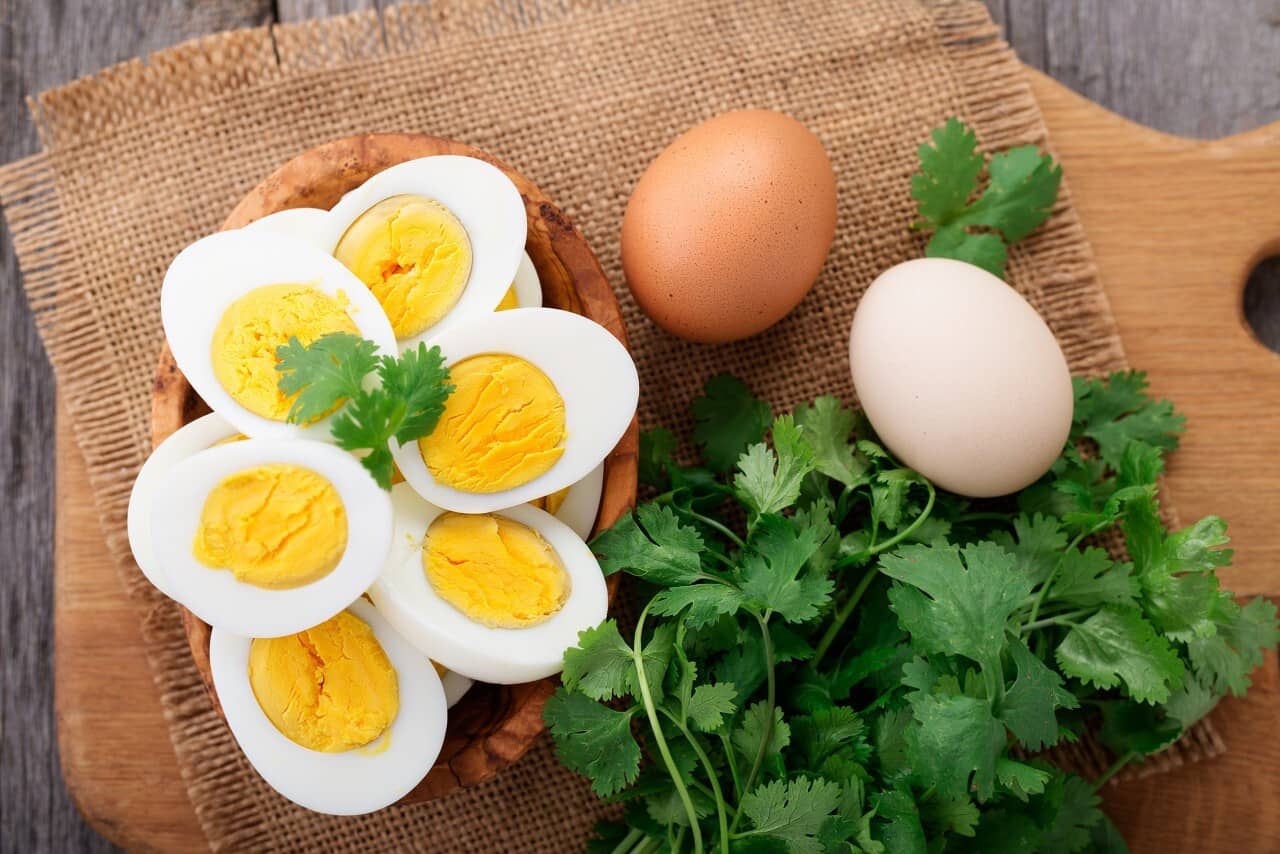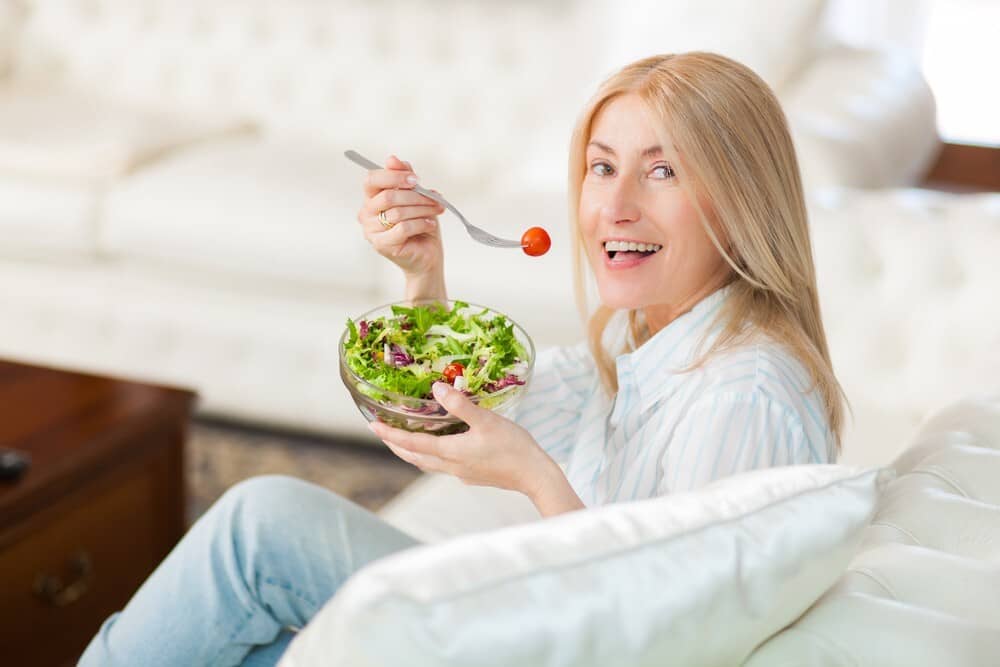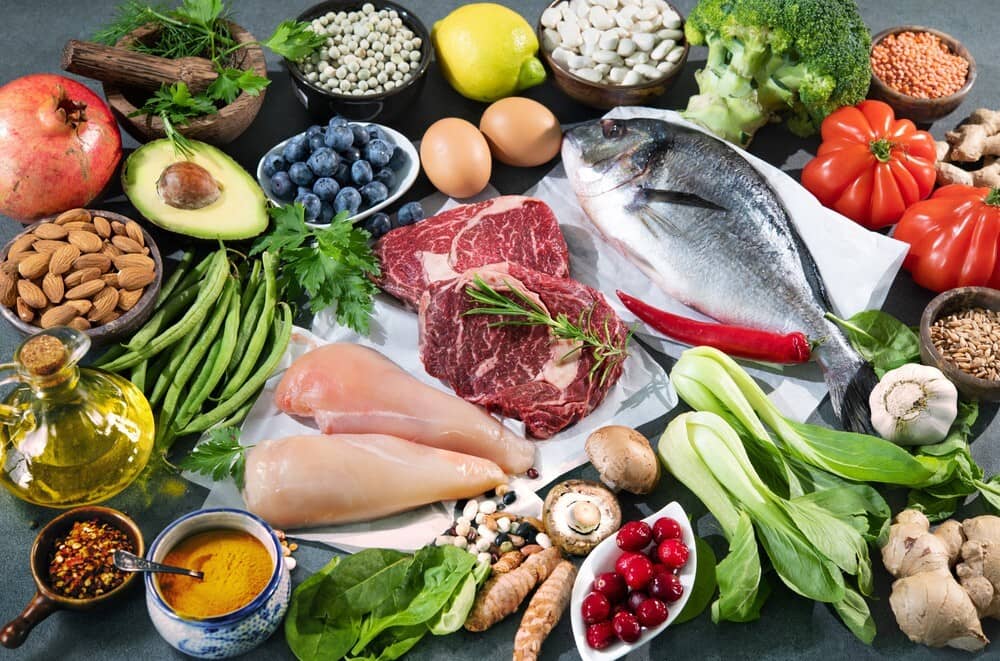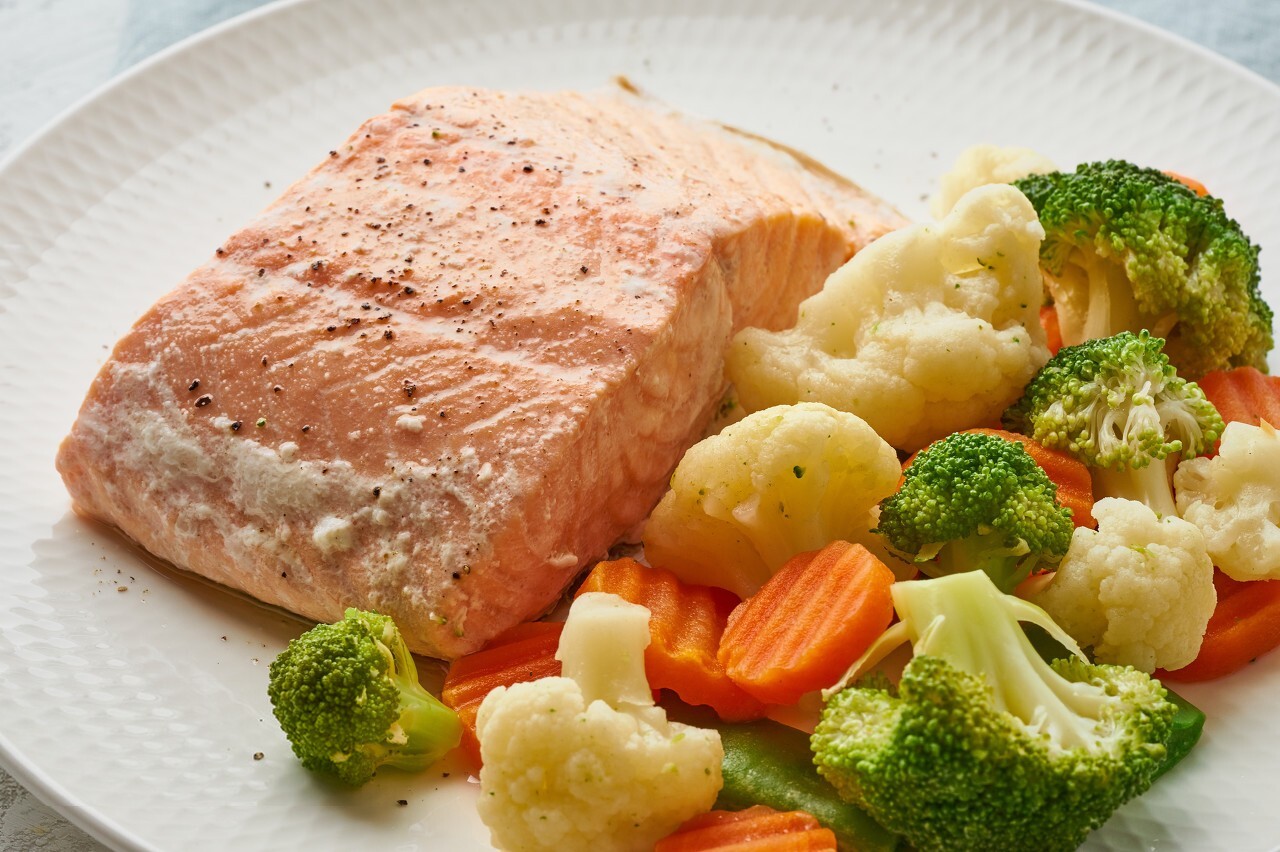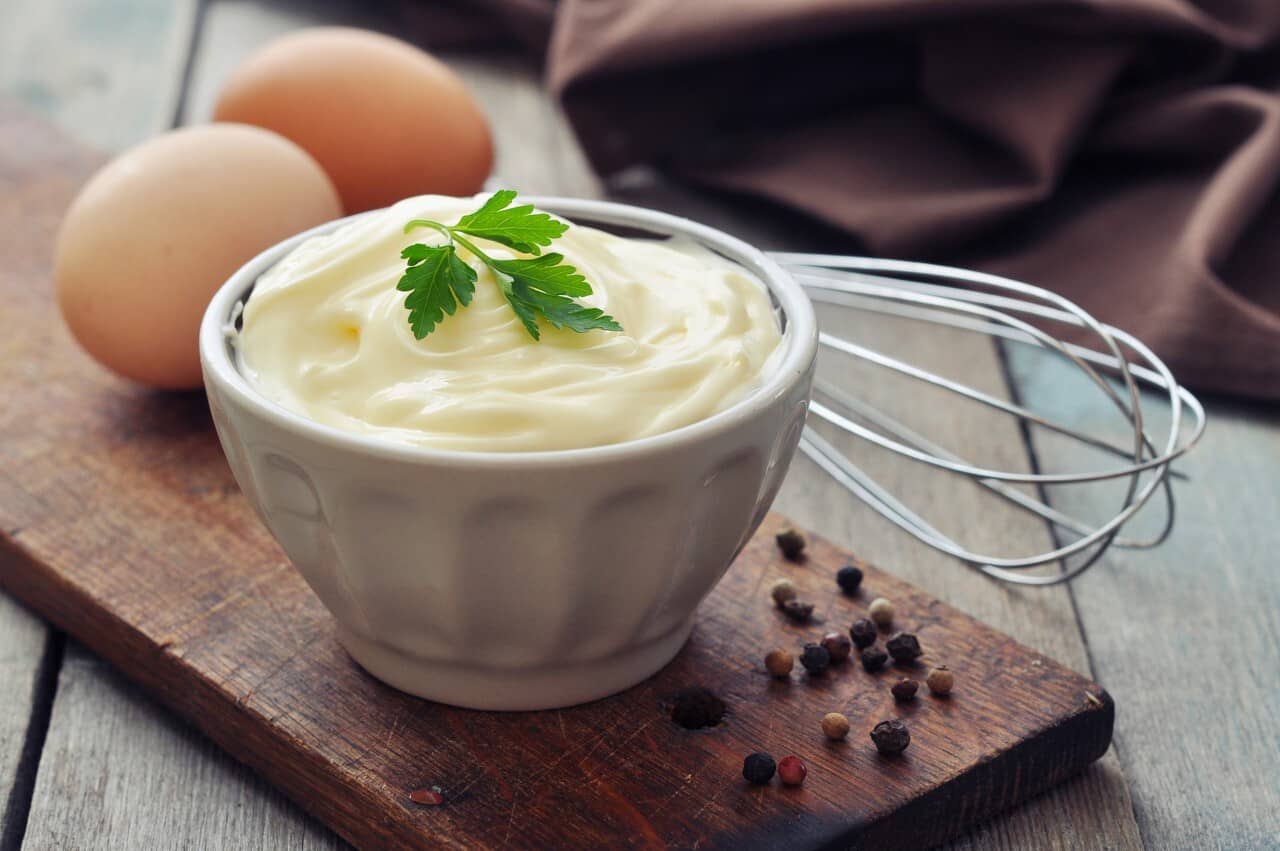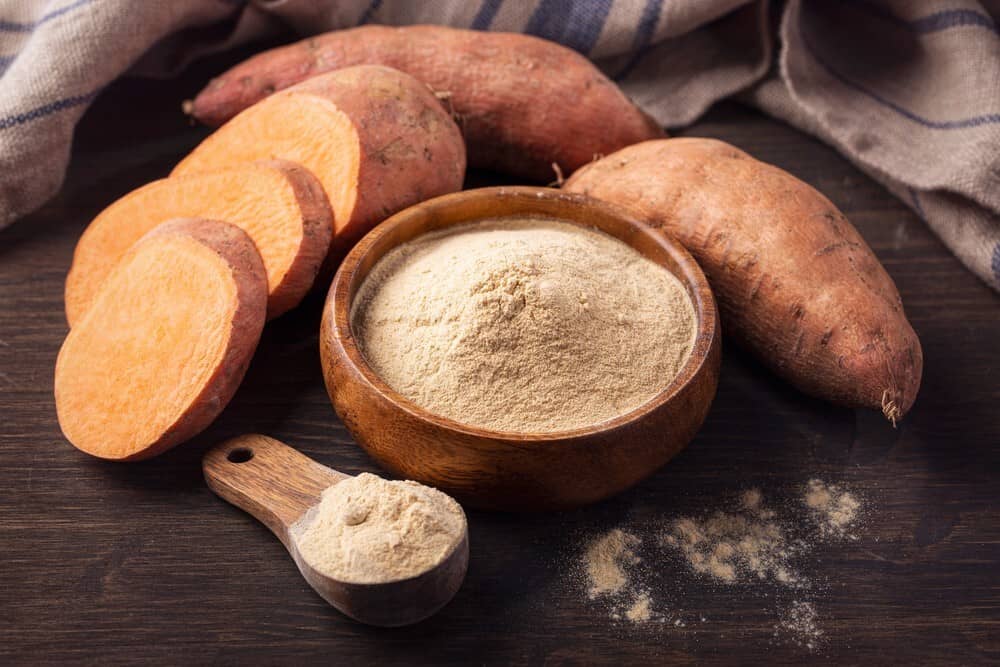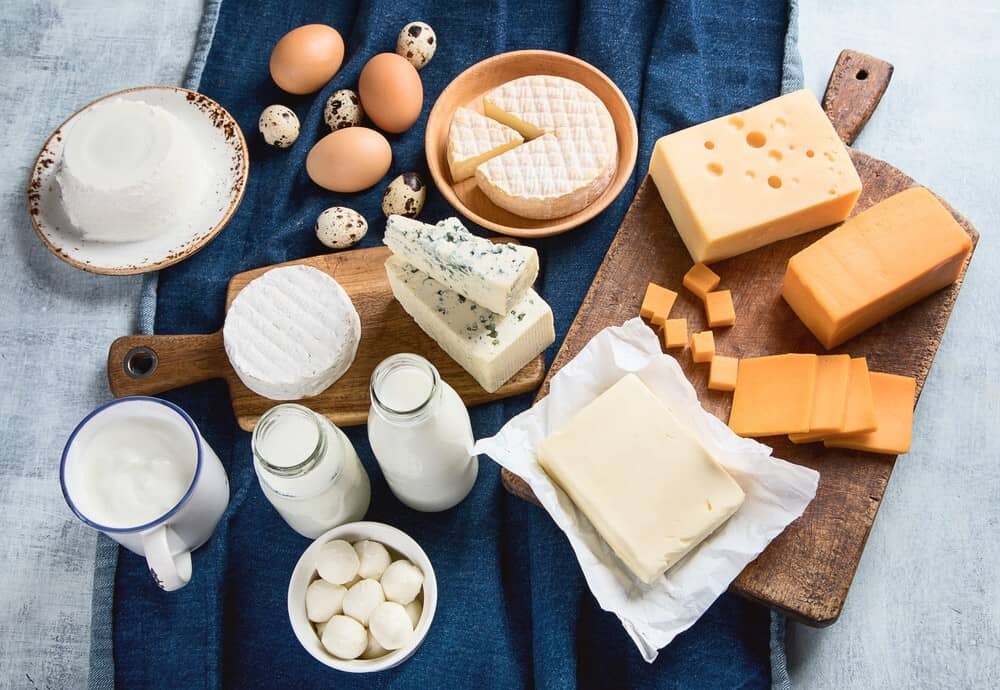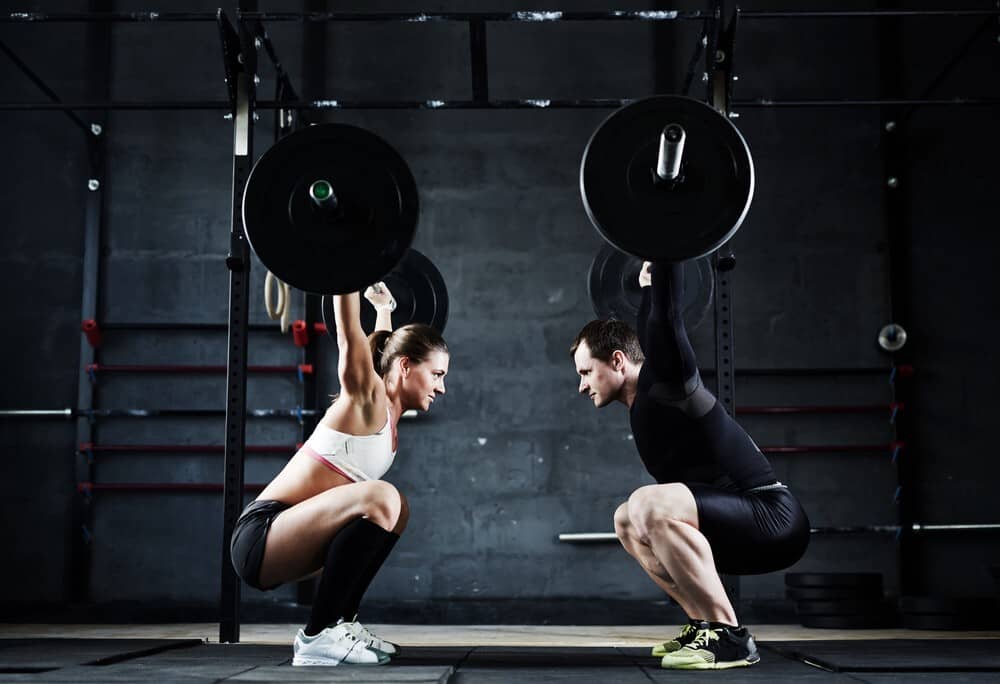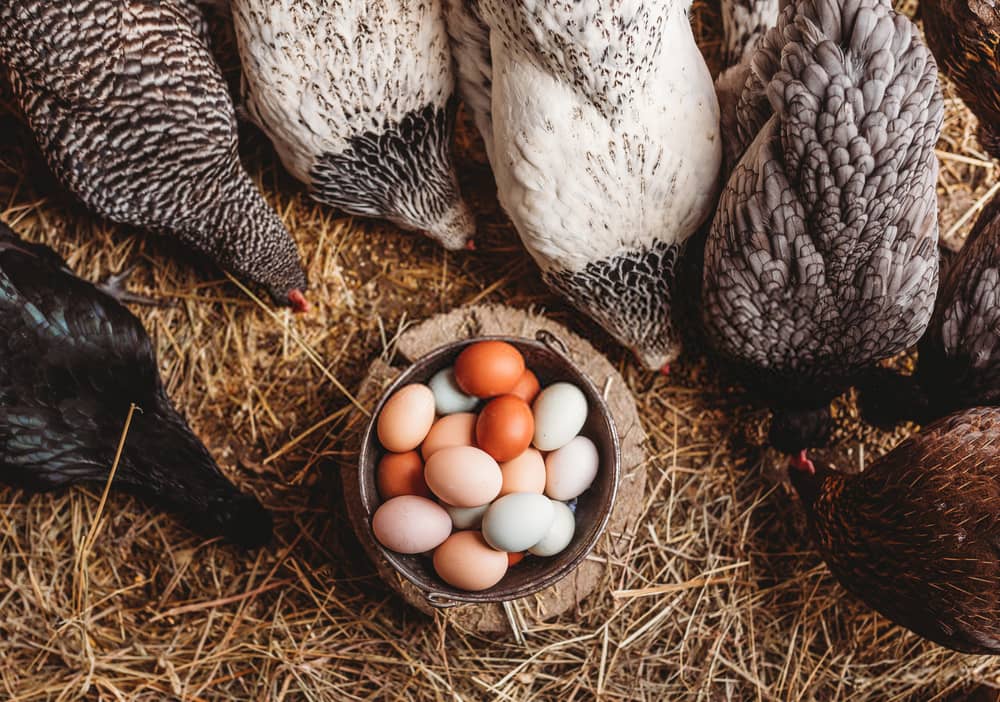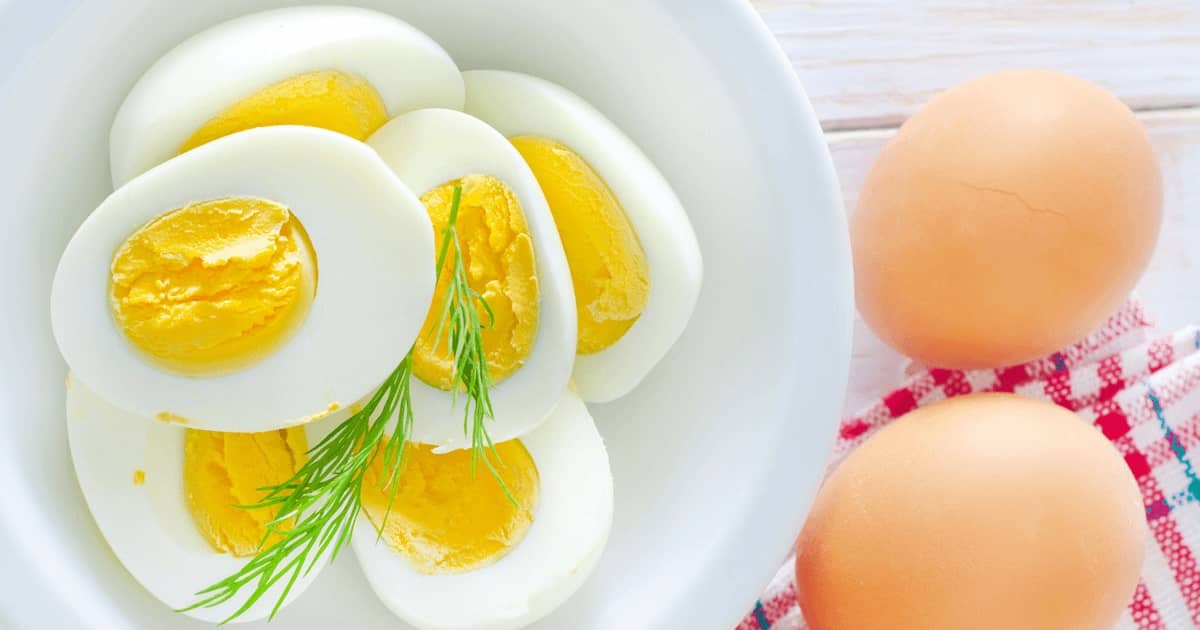Broiler eggs are eggs that we get from a type of chicken called broiler chicken, which is not the chicken used to produce the normal eggs that we eat.
So it is necessary to know what is the source of broiler eggs? And how do we get it? Is there a difference in its nutritional value from other types of eggs? Let’s discuss these questions to find out “are broiler eggs good for your health or not?”
Some important terms need to be mentioned and to know the difference between them to reach a clear answer to our question “are broiler eggs good for your health or not?” and these terms are “broiler breeder, broiler chicken, layer chicken”.
What is a “broiler breeder”?
Parents of broiler chickens, “female chickens, and male roosters” who are raised and fed well and mate to produce naturally fertilized eggs, then the eggs move to the hatchery to be incubated and the broiler chick emerges.
knowing that these eggs or broiler breeders are not eaten, but they are raised to produce eggs that later become broiler chickens and are called broiler hatching eggs.
What is a “broiler chicken”?
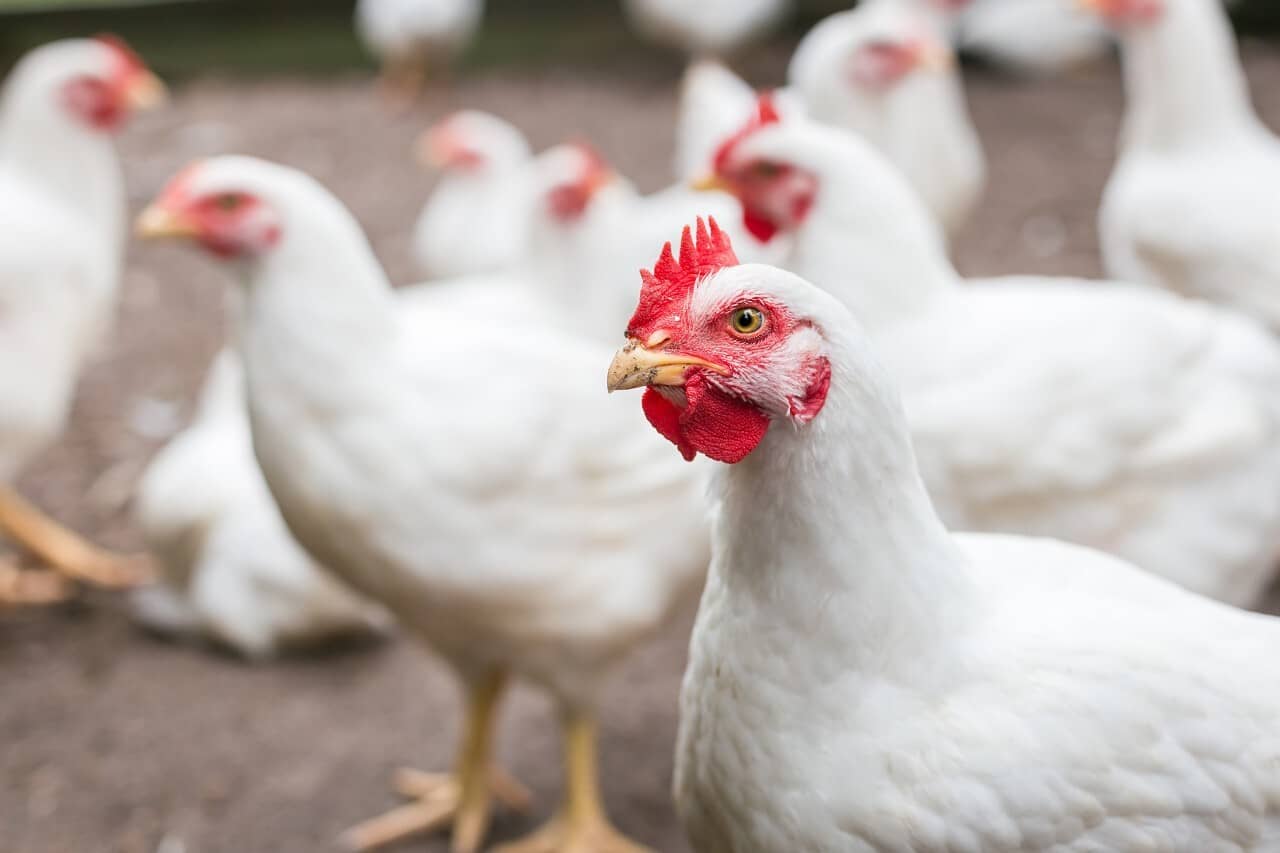 It is a type of chicken that is characterized by its rapid growth because it is fed on a large amount of feed added to it a large amount of protein and energy to help them grow meat faster at the age of 6-7 weeks after its weight becomes 2 kg then it can be slaughtered and sold to the consumer as broiler chickens.
It is a type of chicken that is characterized by its rapid growth because it is fed on a large amount of feed added to it a large amount of protein and energy to help them grow meat faster at the age of 6-7 weeks after its weight becomes 2 kg then it can be slaughtered and sold to the consumer as broiler chickens.
What is a “Layered chicken”?
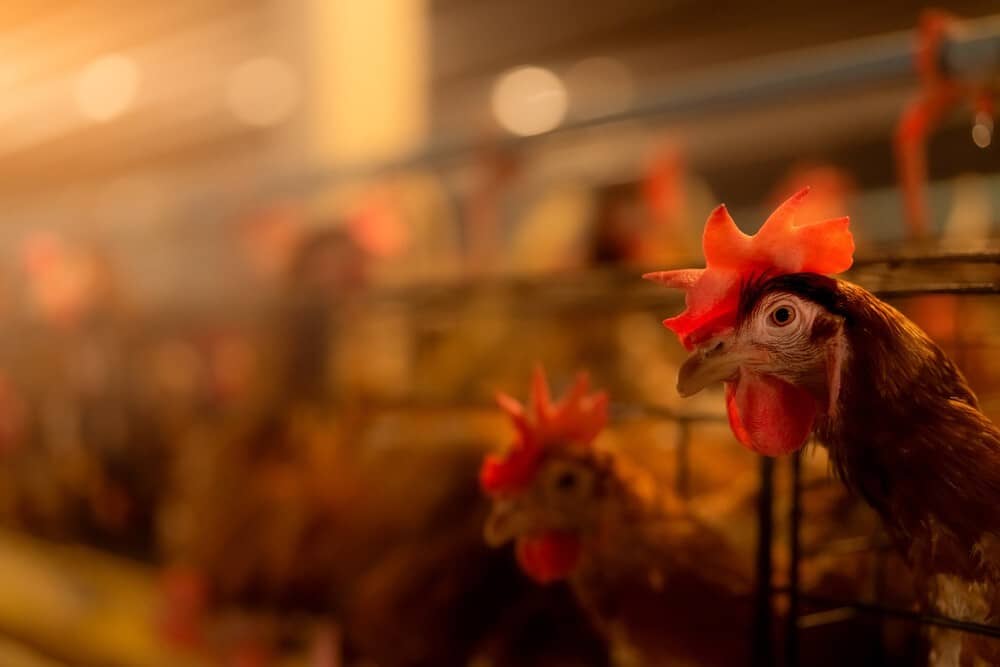 It is a type of chicken that is raised for nutrient-rich eggs. Therefore, high-quality food rich in vitamins and minerals must be provided to these birds to produce eggs of high nutritional value and heavy. They are very similar to broilers in their production stages, from mating hens and roosters to producing fertilized eggs, which become laying stock.
It is a type of chicken that is raised for nutrient-rich eggs. Therefore, high-quality food rich in vitamins and minerals must be provided to these birds to produce eggs of high nutritional value and heavy. They are very similar to broilers in their production stages, from mating hens and roosters to producing fertilized eggs, which become laying stock.
Nutrition facts of broiler eggs
One large egg contains:
- Calories: 75
- Protein: 7 grams
- Fat: 5 grams
- Saturated fat: 1.6 grams
What are the stages of broiler egg formation?
To find out “are broiler eggs good for your health or not?” We must know the stages that the broiler goes through and how it is nourished. The broiler passes through several stages before producing eggs, which are:
- Broiler breeder farms: It is a place dedicated to raising broiler parents, so male rooster fertilizes female hen to produce stock of eggs for broiler hatching and this is after 26 weeks of mating and continue to lay eggs until week 35-40, thus ending their laying period and then sold to the hatchery.
- Hatcheries (egg incubation process): After producing the fertilized eggs in the broiler breeder farms, we move to the second stage in the hatchery. The eggs are incubated, which last for 21 days, and then the eggs are separated and the broiler chicks come out.
- Pullet barns: These are the pens that the young chicks move to be looked after until they are ready to move to the breeding pens, and all safety measures are provided to keep the chicks during the process of being safely transferred from the hatchery and during the period of rearing them also by providing proper lighting and ventilation, receiving vaccinations on time and seeing them a day more than once to ensure their safety.
Males and females are bred separately due to their different growth rates and nutrition, and the word “pullet” means chickens before they reach the egg-laying period. Then we move on to the next stage. - Breeding barns: At this stage, we continue to raise chickens and feed them with food rich in protein and energy to help them grow faster until they reach the required weight at about 35-36 days of age, and their weight is within 2 kg, and at this moment they are transferred once to the processing stage to be slaughtered And processing them for sale to the consumer as broiler chickens.
It can be said that broiler chickens and laying hens have the same initial stages of mating roosters and hens to produce fertilized eggs, which become egg stock for laying hens and also produce broiler chicks in broiler chickens, It can be said that the resulting eggs are not prepared for eating, but rather to form the main stock for both of them, and also the parent hens are not bred for eating, but the production of stock eggs.
Does the nutritional value of eggs differ according to their source?
It is known that the source of eggs is chicken, but we can make the picture more specific, as the sources of obtaining eggs are divided into (pastured eggs – traditional eggs – organic – enriched with omega-3).
-
- Pastured eggs: It is called this for the ability of these chickens to roam in nature in search of their food, as well as they can feed on some of the feed added by their owner and the rest of food waste, as well as they are responsible for resisting environmental changes around them on their own.
When compared with other species, it has been proven that they are superior to them in its usefulness because it contains a lower percentage of cholesterol and saturated fats. ((Comparison of fatty acid, cholesterol, and vitamin A and E composition in eggs from hens housed in conventional cage and range production facilities – PubMed (nih.gov))) - Organic eggs: This is because his chicken is fed on organic feed without adding any antibiotics or hormones to increase the number of eggs produced.
- Traditional eggs: It is the eggs available in the market and comes from laying hens because it is intended for the production of eggs, where they are fed with fodder enriched with minerals, vitamins, and essential nutrients to produce heavy eggs, as well as antibiotics and hormones can be added to the feed to increase production.
- Omega-3-enriched eggs: it is eggs based on feeding chickens a food supplemented with omega 3 such as flaxseed, and when researching it was found that it contains 5 times more omega 3 compared to traditional eggs.((Fatty acid composition of certified organic, conventional and omega-3 eggs – ScienceDirect))
- Pastured eggs: It is called this for the ability of these chickens to roam in nature in search of their food, as well as they can feed on some of the feed added by their owner and the rest of food waste, as well as they are responsible for resisting environmental changes around them on their own.
But basically, eggs are equivalent, no matter how different the method of obtaining them, their nutritional value is high and contains the following:
- A rich source of complete protein because it contains all the essential amino acids((Protein and Amino Acid Content in Four Brands of Commercial Table Eggs in Retail Markets in Relation to Human Requirements (nih.gov))), which greatly affects the formation of protein and significantly repairs body tissues, It also balances the fluid level in the body and produces antibodies, and works to fight infections.
- Unsaturated fatty acids such as linoleic and oleic. ((Egg quality, fatty acid composition and immunoglobulin Y content in eggs from laying hens fed full fat camelina or flax seed | Journal of Animal Science and Biotechnology | Full Text (biomedcentral.com)))
- It contains vitamin D in abundance due to its strong impact on bone health as well as immunity and many other vitamins such as “A”, which protects against cancer and immune diseases, and vitamin “E”, which contains antioxidants, and vitamin “B12” has a role in preventing heart disease.
- Rich in minerals such as phosphorous and iron.
- Its ease of digestion and its rich in various nutrients make it an excellent food for children and adults. It helps children in their rapid growth stages, providing them with nutrients faster and easier to digest, and is an additional source of iron for young children.
Being low in calories while providing these minerals and vitamins, it is a powerful source for the elderly and those who suffer from being overweight.
- Antioxidants because of their strong and beneficial effect on bones, brain, and eyes((Lutein and zeaxanthin concentrations in plasma after dietary supplementation with egg yolk – PubMed (nih.gov))).
“Are broiler eggs good for your health or not?”
We mention some causes that cause side effects for broiler “chicken or eggs”:
We know that broiler chicken raises in chicken barns and is quite closed once the chickens arrive at them does not allow them to see the daylight or move as they wish and the environment is controlled by the owners of these barns, and provide food to help them grow quickly.
 It must be noted that this rapid increase requires the addition of growth hormones to assist in the growth. Thus, with “lack of light – not providing appropriate ventilation – weight greater quickly by adding hormones” all this causes weakness and non-ability to resist diseases so they are given antibiotics to prevent them from diseases cause deaths.
It must be noted that this rapid increase requires the addition of growth hormones to assist in the growth. Thus, with “lack of light – not providing appropriate ventilation – weight greater quickly by adding hormones” all this causes weakness and non-ability to resist diseases so they are given antibiotics to prevent them from diseases cause deaths.
These hormones and antibiotics may cause the following: (((PDF) CONSUMER CONSCIOUSNESS ON BROILER NUTRITION WITH ANTIBIOTICS AND HORMONES AND ITS REFLECTION OF CHICKEN MEAT CONSUMPTION (researchgate.net)))
- Antibiotics are transmitted to the body when chicken is eaten frequently, and this has a significant impact on the body’s antibiotic resistance to new strains such as salmonella.
- The hormones that chickens are fed to gain weight in a short time are transferred to the body when eating chicken and cause health problems.
- Contains unhealthy and undesirable fats that caused high blood pressure and heart problems and weight.
FAQs
Does the broiler egg have nutrients like the normal egg?
Let’s be clear that all types of eggs basically contain the same nutrients like protein and fats, but the difference between broiler eggs and normal eggs is the harmful chemicals and hormones that the broiler eggs have.
Are broiler eggs good for bodybuilding?
Bodybuilding means building strong body muscles. And to build strong muscles you need to exercise and eat enough protein. In general, all types of eggs contain a good amount of protein.
So, eggs are a perfect option. And as was mentioned above, broiler eggs have the same nutrients as normal eggs, which means that they can be used to be a source of protein that is needed for bodybuilding.
Eating one or two eggs after the gym is a good way to get protein. As we know, there are side effects of eating broiler eggs due to the hormones and the harmful chemicals, which are injected in chickens and certainly would be found in eggs as well.
I think there are other sources of protein that are safer and healthier.
How many broiler eggs can I eat per day?
It is allowed to eat up to three eggs per day for healthy people. But, as I mentioned before, eating broiler eggs can negatively affect health and cause health problems. My advice to you, eat normal eggs that come from free-range chickens to avoid the harmful hormones and chemicals.
Does eating broiler eggs cause weight gain?
Eggs in general are low in calories, so don’t worry about eating eggs, they will not cause weight gain. Broiler eggs like other types of eggs are low in calories. One large egg contains about 75 calories.
The protein content is good, which helps feeling full for longer, which means you will eat less. Also, eggs help boost metabolism and that promotes weight loss.
Final Words
Eat chicken or broiler eggs in moderation and cooked in a healthy way to get rid of any effect of trans fats.
Focus on getting the most benefit, as chicken and eggs are a good source of protein.
